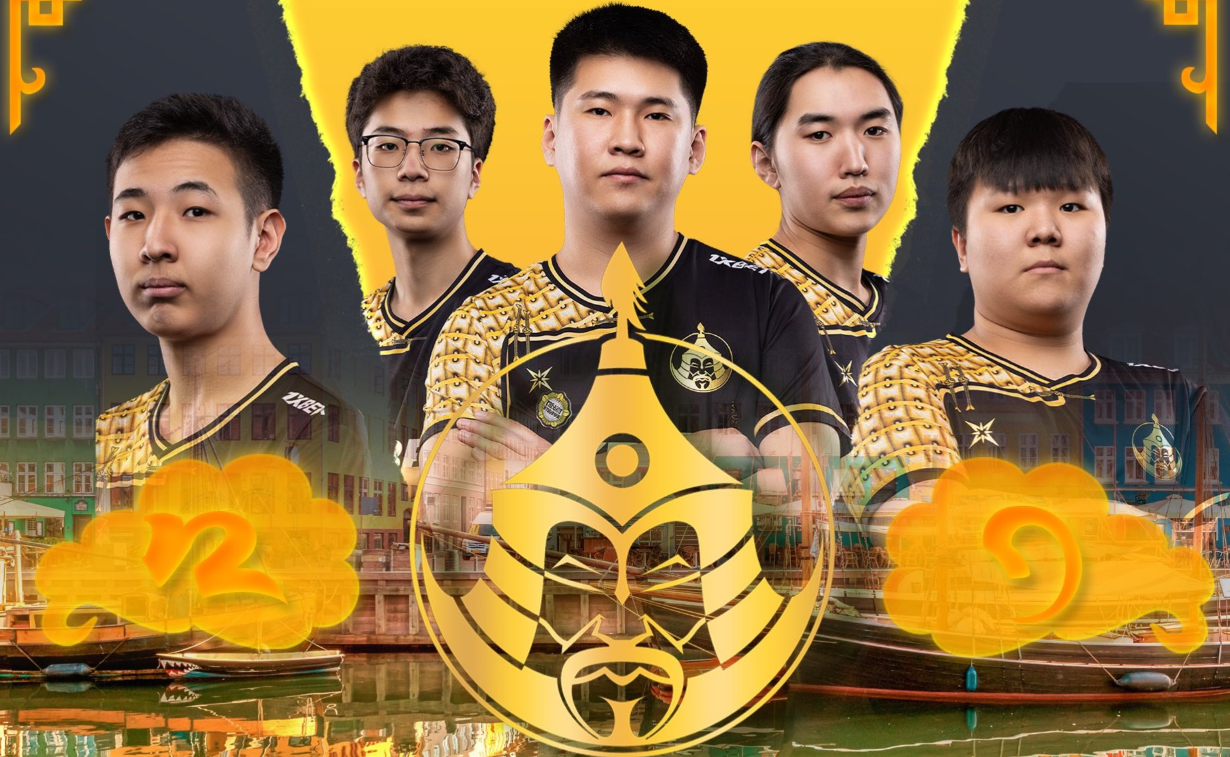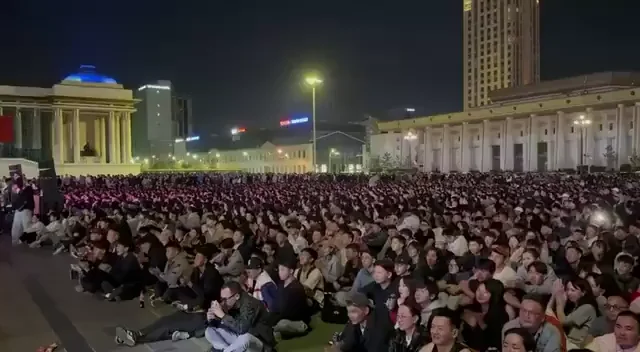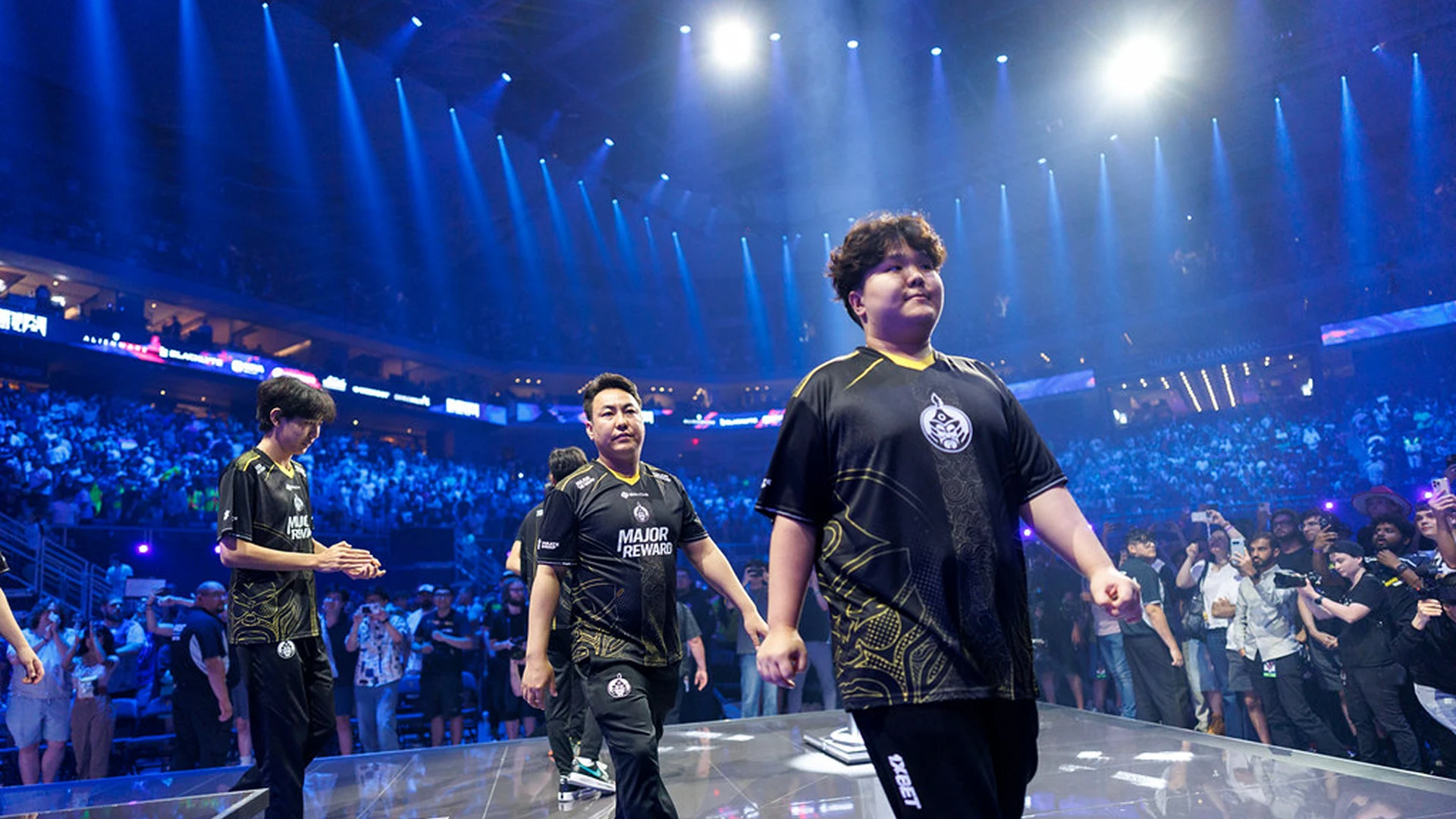
From Underdogs to a National Symbol
Just a few years ago, The Mongolz roster was known only to a small circle of Asian CS fans. Today these players are full-fledged superstars who barged into the grand final of a Counter-Strike 2 Major, delivering the region’s loudest esports breakthrough. In a short time the squad traveled the road from a modest mix team to a world-class contender, becoming a source of national pride and proof that team disciplines can earn Mongolia medals no less than judo.
Late-Night Euphoria: 10,000 Fans on Sükhbaatar Square
When the servers flashed “Grand Final,” it was four in the morning in Ulaanbaatar. That did not stop the fans: the capital’s central square filled with a crowd of ten thousand brandishing posters, flags, and smartphones—everyone waiting for the first pistol round at 0-0. When captain Mzinho talked about the ambitious dream of bringing the trophy home, he could hardly have imagined this level of support: a storm of delight, deafening chants, and total immersion in every flash and Molotov on Inferno.
Esports Goes Offline: Fan Zones, Restaurants, and Stadiums
The final broadcast was not confined to the capital. LED screens were set up in fan zones across the country, restaurants morphed into improvised viewing parties, and gyms became cyber-arenas where spectators shrieked in unison at every ace round. In the hometown of one player, the governor even opened the gates of the local football stadium so that everyone could watch the match against the favorite—French organization Vitality—free of charge. Such a large-scale offline viewing made esports a familiar part of mass culture: parents, kids, and retirees discussed map bans and eco forces together for the first time.

Support at the Highest Level: National Team Status
February 2025 became a point of no return for The Mongolz. Minister of Culture, Sports, Tourism and Youth Nomin Chinbat invited the players to a personal meeting and signed an order equating them with the nation’s Olympic squad. From that moment the team received a state salary, streamlined visas, and support for overseas bootcamps. Amusingly, the cyber-athletes showed up to the officials in their branded jerseys and hoodies: no pomp, just signature style and a bit of self-irony. In their vlog the guys joked that the minister wished them luck at “the next tournament” while they were still fighting for the trophy at the current one.
Street Fame and “Clutch” Rap: The Mongolz in Pop Culture
A gigantic mural with portraits of the roster already adorns downtown Ulaanbaatar, and a ferris wheel illuminated with the team’s logo spins in the night sky above the capital. The Mongolian-language stream of the final drew more than 85 000 viewers—almost three percent of the country’s population, numbers many major TV channels can only dream of. Riding this wave of popularity, hip-hop artist Rokit Bay released the track “Blaavgai,” paying tribute to the support player with the line “Come at me with your squad—I’ll clutch this s*** like Senzu.” The song instantly became the most played on his YouTube channel, and the word “clutch” entered teenagers’ everyday slang alongside “saddleback” and “force drop.”
The Match That Made a Continent Roar
The final bout against Vitality became a true test of resilience. Despite their underdog status and the pressure of a massive audience, The Mongolz demonstrated a tenacious default, daring run-boosts, and iron discipline with their utility. Every headshot sent the stands into a roar, and every saved AWP drew a thunderous sigh of relief. Yes, the trophy ultimately sailed to France, but the Mongolian five had already etched their name into esports lore: for the first time an Asian squad reached the decisive stage of a CS 2 Major, proving that the next era can dawn not only for Europe or the CIS but for Central Asia as well.

A Legacy Already Changing the Game
The Mongolz have inspired an entire generation of young players: Internet cafés are reporting a surge in traffic, schools are debating the launch of CS 2 clubs, and sponsors are revisiting their budgets for digital sports. The team’s phenomenon became proof that esports can unite people more powerfully than any political campaign. And though the ultimate gold is still ahead, it is already clear: Mongolia has lived through its “championship night,” and The Mongolz are not just esports athletes but a cultural code of a new era that made the nation wake up at three in the morning for a great game.





